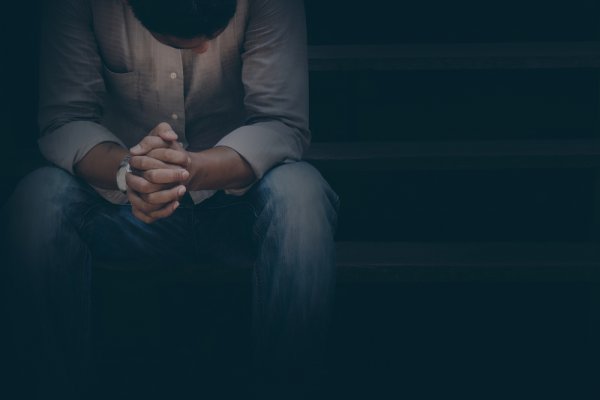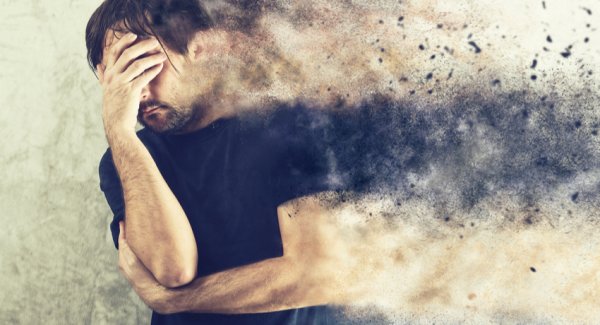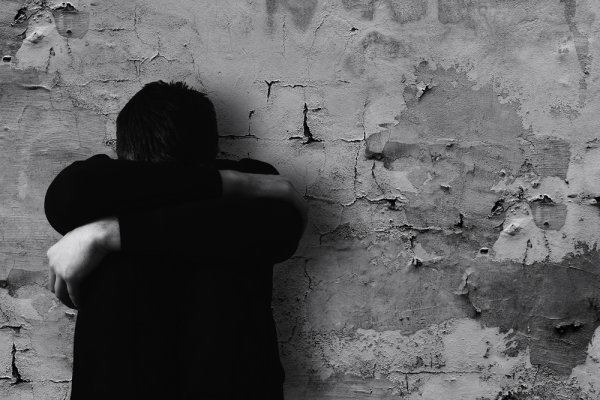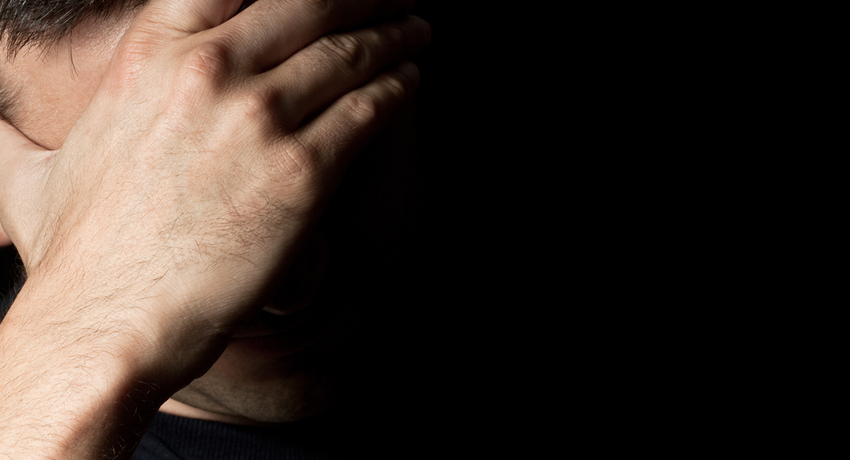Sometime the vodka goes down too smooth. Then again, it’s just an accompaniment to the main course of dope, speed and coke.
Of course there is a formula to the ingredients, crucially there is pleasure in blanking out pain.
It’s taken nearly half a life to come to a modus vivendi with something that nearly took that life.
Depression is not the easiest of relationships. But for its sufferers a relationship it is, with all the compromise, accommodation, anger and frustration that can accompany any relationship.
Naturally though, there are not a lot of good times in the depression relationship, albeit some times are better than others.
Good days, as Paul Simon sang: “Ain’t got no rain, a bad day is when I lie in bed and think of things that might have been”.
 Bipolar (aka melancholia in the romantic 19th century) seems almost a fashionable term and affliction these days. But not to any sufferer.
Bipolar (aka melancholia in the romantic 19th century) seems almost a fashionable term and affliction these days. But not to any sufferer.
In my case it’s lead to self harm on a range of scales, including from the most extreme through to simple alcohol and drug binges and other addictions.
In my case it’s lead to self harm on a range of scales, including from the most extreme through to simple alcohol and drug binges and other addictions including the latest trend, internet porn – which has exploded since COVID-19.
There has also been intemperate behaviour and loss of friendships – perhaps permanently. Then on the upside, new friendships that seem better able to cope with this curmudgeon.
And that is just my experience.
For depression is akin to cancer: unique to each individual.
There is no logic to those affected, or any easy way for others to see the pain inside the eyes of another’s soul.
For many of us to function, appearing seemingly ‘normal’ is the presentation part of our well-developed shell.
Sometimes episodes of struggle come out of the blue.
As a victim of sexual abuse at school I have been more affected at times by the ongoing revelations of the Royal Commission into Institutional Abuse and, even more recently, the saga of the Pell prosecution.
Regardless of any view we might take on the case, the High Court decision left many victims wondering if they would ever be heard and given justice if they report abuse.
Abuse is a constant in any victim’s life experience: a knowledge that experience can never be undone, even as it reaches out to grab and suffocate our future.
Abuse is a constant in any victim’s life experience: there is no ‘historical’ abuse or past, just a constant experience of abuse embedded deep within and a knowledge that experience can never be undone, even as it reaches out to grab and suffocate our future.
Maybe there is a way to ‘manage’.
 So several weeks ago I had proposed to BroadAgenda a piece about men’s health, not especially about COVID-19, but aware of some of the implications of the virus – not medically, more personally, socially and with families.
So several weeks ago I had proposed to BroadAgenda a piece about men’s health, not especially about COVID-19, but aware of some of the implications of the virus – not medically, more personally, socially and with families.
I had a rough blog sorted, such as advice along the lines of do all the things I am not doing: eat well; exercise three times a week; sleep well and long – and if you have apnea and snore get it sorted FFS as your partner will love the silence and you won’t fall asleep while driving with your kids in the back seat.
Talk. Talk. Talk. See a counsellor and, if necessary, take prescribed medication and don’t adjust your doses on your own. And cut back on the alcohol and drugs of discretion. And stop jerking off to porn on the computer. All easy to say.
(OK, maybe that last bit is just me.)
So, to borrow from Lenin: what is to be done … about men’s health?
Frankly, I still see many blokes with an emotional vocabulary that runs the gamut from A to B (apologies, Dorothy Parker).
Frankly, I still see many blokes with an emotional vocabulary that runs the gamut from A to B (apologies, Dorothy Parker). Though this is clearly from my perspective and bounded by my age cohort. I hear good things about younger men, but remain to be convinced to see how they will cope as they age.
With limited vocab comes limited communications.
And men who find themselves under stress – for whatever reason – tend to act out, unfortunately, with often explosive and destructive impact either personally or with those they are close enough to act out on.
In short, for any bloke who finds himself under emotional duress or distress, regardless of the severity, don’t be afraid to seek support and help. The earlier the better.
 Unfortunately the politics of ‘gender’ is still contested ideological ground, which makes it hard even in 2020 to break down archetypes (despite the fact they are archetypes) and roles that are destructive to both sides of the enforced binary boy/girl, male/female we take as natural.
Unfortunately the politics of ‘gender’ is still contested ideological ground, which makes it hard even in 2020 to break down archetypes (despite the fact they are archetypes) and roles that are destructive to both sides of the enforced binary boy/girl, male/female we take as natural.
For us to effectively campaign for equality, blokes have to accept their ‘blokedom’ is a socially constructed phenomena.
For us to effectively campaign for equality, blokes have to accept their ‘blokedom’ is a socially constructed phenomena.
Hopefully with a deeper emotional vocabulary blokes can navigate their emotional world more intuitively and with greater benefit, to themselves internally and to the exterior world, with clear benefits to anyone in their orbit.
The world can become a a less threatening space with less reason to act out, whether it be through drugs or the exploitation of power and patriarchy.
It’s going to take broads and blokes to defeat patriarchy. Together.
Which brings us to the other side.
For COVID-19 presents unique opportunities for us all to discuss how we create a genuinely civil ‘civil society’.
Clearly on the list of critical topics must be how we reset blokes and women relating, as they perceive their own roles individually and in partnership. Domestically and in professional life to date the economic shock absorber of community (at least since the Harvester Judgement) has been the role of women doing unpaid work.
That’s both economically and emotionally unsustainable if we want a healthier society
Men’s health is only going to be improved by the end of patriarchy, however that can be achieved.
Ultimately, patriarchy must come with a health warning for us all.
Lifeline: 13 11 14
Beyond Blue: 1300 22 4636




